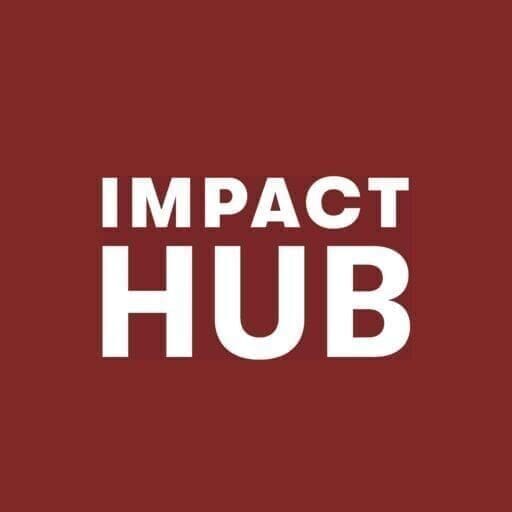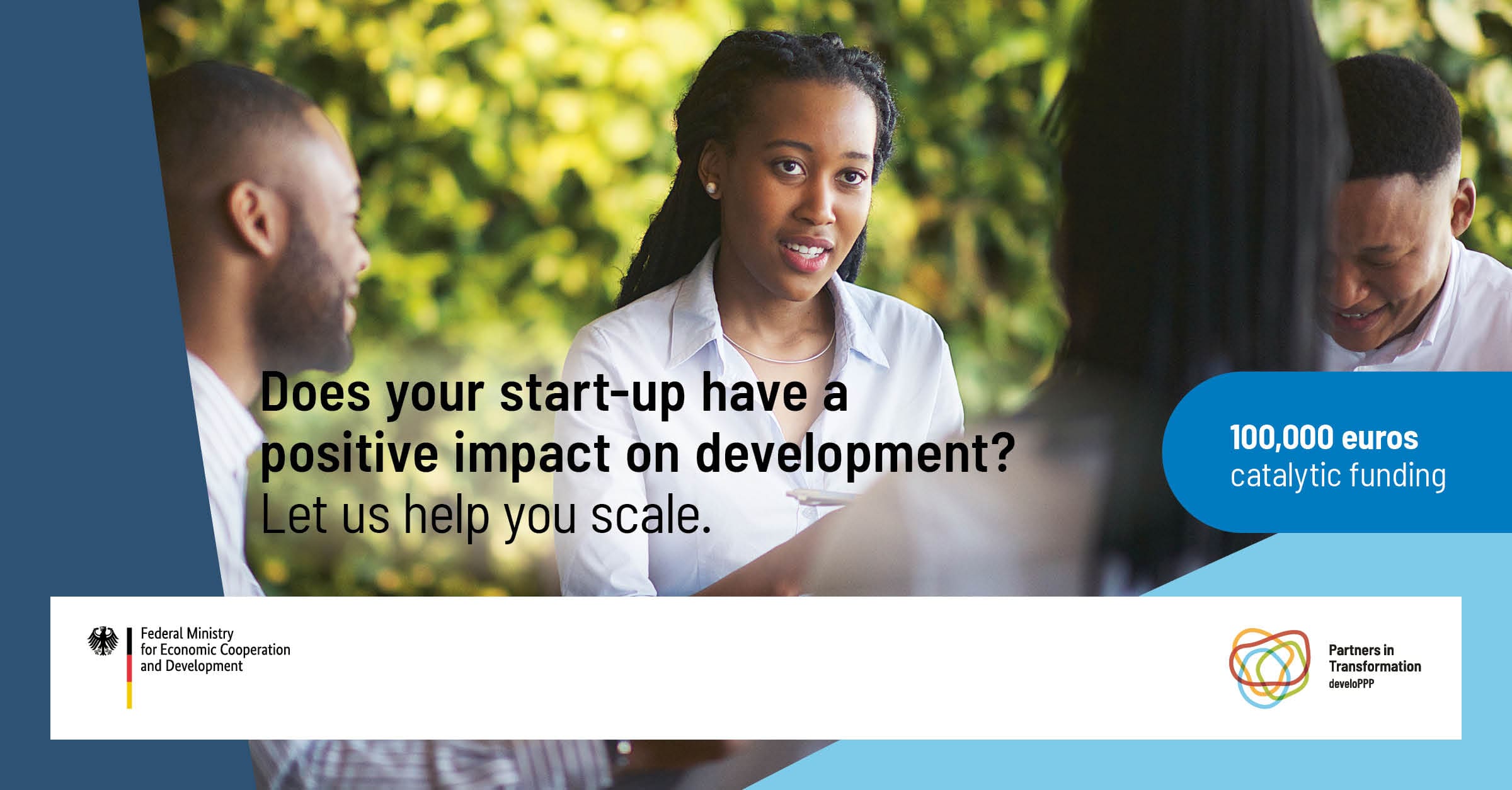Ignite Challenge 3.0 Bootcamp Recap : Enhancing the livelihoods of Refugees in Rwanda
The Ignite 3.0 Bootcamp, held from August 13-16, 2024, brought together 13 ventures, partners, and experts to tackle critical livelihood challenges in Rwanda’s refugee communities. Co-organized by the World Food Programme (WFP), Impact Hub Kigali, and the Danish Ministry of Foreign Affairs, the bootcamp featured 7 interactive sessions designed to empower entrepreneurs with the tools to drive sustainable change.
Highlights included hands-on experiences at Nyabiheke Camp, where ventures gained valuable insights into refugee life, and sessions on business modeling, financial forecasting, and gender inclusivity. The bootcamp emphasized creating impactful, long-lasting solutions for refugees.
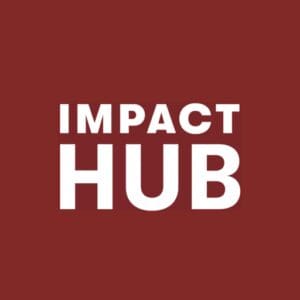
- Author:
- Impact Hub Kigali
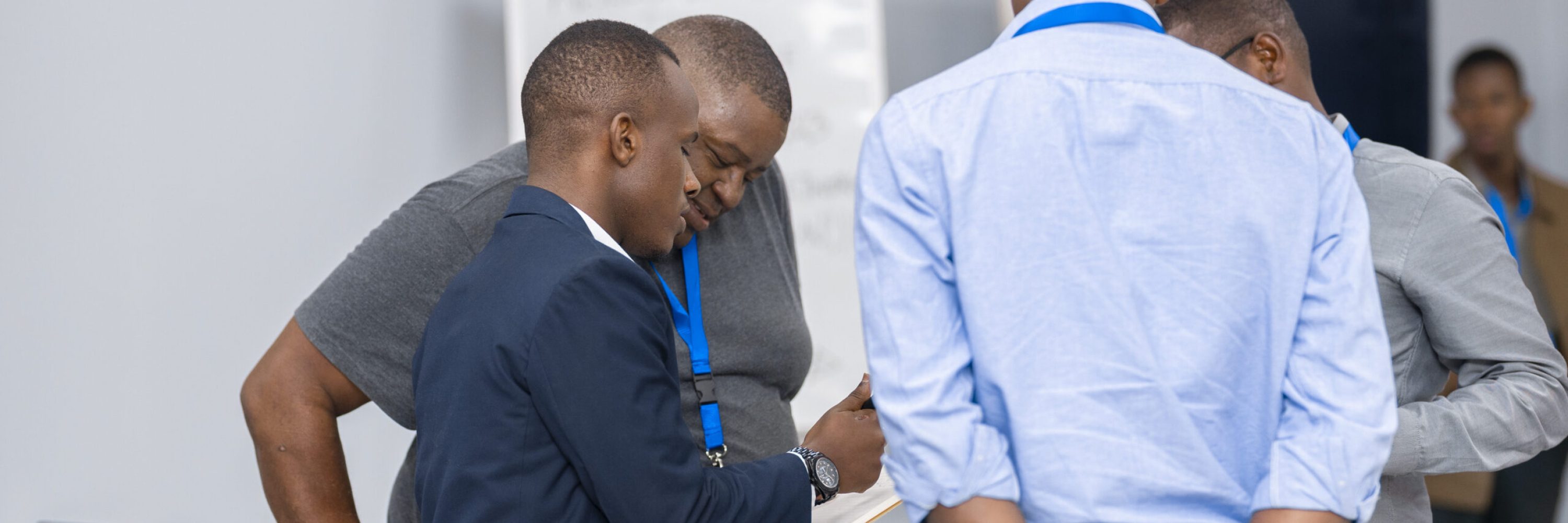
3 days, 13 ventures, 7 interactive sessions, and a one-of-a-kind immersive experience!
From August 13th to 16th, 2024, the third edition of the Ignite Challenge Bootcamp brought together innovative ventures, passionate partners, and expert facilitators in a dynamic setting. This Ignite Challenge 3.0, co-organized by the World Food Programme (WFP), Impact Hub Kigali, and the Danish Ministry of Foreign Affairs, focused on equipping entrepreneurs with the tools to create meaningful change in refugee communities across Rwanda. By addressing critical livelihood needs and fostering sustainable growth, the bootcamp empowered ventures to drive real impact through business.
Day 1: Setting the Stage for Success.
The bootcamp kicked off with a burst of energy as Andrea Bagnoli, Country Director of WFP, welcomed participants and outlined the program’s objectives. The day’s sessions were designed to inspire and challenge the ventures to think deeply about their roles in the refugee context.
In the morning, Burundian refugee entrepreneur Ntibaruta Renilde shared her personal journey of running a business within a refugee community. Her story resonated with the participants, sparking meaningful discussions on overcoming adversity and seizing opportunities for sustainable growth. Her experience raised critical questions: How can these ventures navigate the complexities of refugee life to create lasting change? What unique challenges do refugees face that entrepreneurs must understand to offer meaningful solutions?
We asked Ntibaruta Renilde about her thoughts on the impact of the Ignite Challenge 3.0 and the allocation of €25,000 in funding. She expressed, “I believe this will change the lives of refugees. It will empower them to take control of their own destinies, encouraging them to work and seek solutions from within their communities. The funding isn’t just financial support; it’s an opportunity for refugees to redefine their futures.”
Following this, Colette Nyinabumuntu from WFP led a session on social inclusivity and gender empowerment, urging ventures to consider how they can integrate these critical aspects into their business models. The discussion moved beyond theory, asking the ventures to reimagine their frameworks through the lens of gender equity: How can they actively promote inclusivity while staying true to their core mission?
The day concluded with a lively session on Sales and Marketing led by Oggy Nduka, where ventures were asked to put themselves in the shoes of refugees—how would they sell their products or services in a context of scarcity and uncertainty? The session highlighted the need for empathy-driven marketing strategies that resonate with the realities of refugee life
“I believe this will change the lives of refugees. It will empower them to take control of their own destinies, encouraging them to work and seek solutions from within their communities. The funding isn’t just financial support; it’s an opportunity for refugees to redefine their futures.”
- Ntibaruta Renilde
Day 2: Deepening the Understanding.
Day 2 built on the foundation of Day 1, focusing on the nitty-gritty details of business modeling and scaling. In the morning, Hugues Kagame from Inkomoko pushed the ventures to refine their business models, honing in on customer segments and value propositions tailored to refugee communities. The question at the core of the session: How can ventures deliver value in a way that truly meets the needs of their target customers in these unique settings?
Next, Antonio Magnaghi led a session on scaling in resource-constrained environments. How can ventures grow when resources are limited, and the market is uncertain? Antonio provided practical insights into sustainable sourcing and leveraging local resources, challenging the ventures to think creatively about expansion strategies that don’t rely on traditional means.
Akasha Ladha’s financial forecasting session was a deep dive into the numbers, urging ventures to critically evaluate their assumptions and build financial models that can withstand the pressures of scaling. The ventures were asked: How realistic are your growth projections? What financial tools can you use to ensure sustainability in the long run?
The day concluded with a return session by Hugues Kagame, focusing on integrating businesses into refugee communities. Ventures were challenged to consider market entry strategies, trust-building, and distribution in refugee settings. All crucial elements for ventures aiming to make a meaningful impact.
Day 3: Immersive Learning at Nyabiheke Camp
Day 3 was a hands-on learning experience as the ventures immersed themselves in the life of Nyabiheke Camp. The day began with a warm welcome from the Camp Manager and UNHCR representatives, who set the stage for deep engagement. Ventures didn’t just observe; they actively participated in conversations with NGOs and refugees, gaining insider perspectives on the daily realities within the camp.
What does a typical day look like for a refugee in Nyabiheke Camp? How do existing initiatives support these communities, and where do gaps remain? These were some of the tough questions posed throughout the day.
The ventures explored everything from clothing to beauty, learning how their solutions could directly impact and collaborate with refugees, working not just for them but with them. This experience changed their perspectives on refugee camps, showing the resilience and potential within these communities.
Back in Kigali, a reflective session allowed the ventures to share their key takeaways. The discussion centered on a crucial question: How can we ensure that the solutions developed during this boot camp are not only impactful but also sustainable in the long run? The day reinforced the importance of creating solutions that contribute to enhancing livelihoods for refugees, ensuring they are both meaningful and collaborative.
Stay tuned for more updates on their journey and the impact they’re set to create.
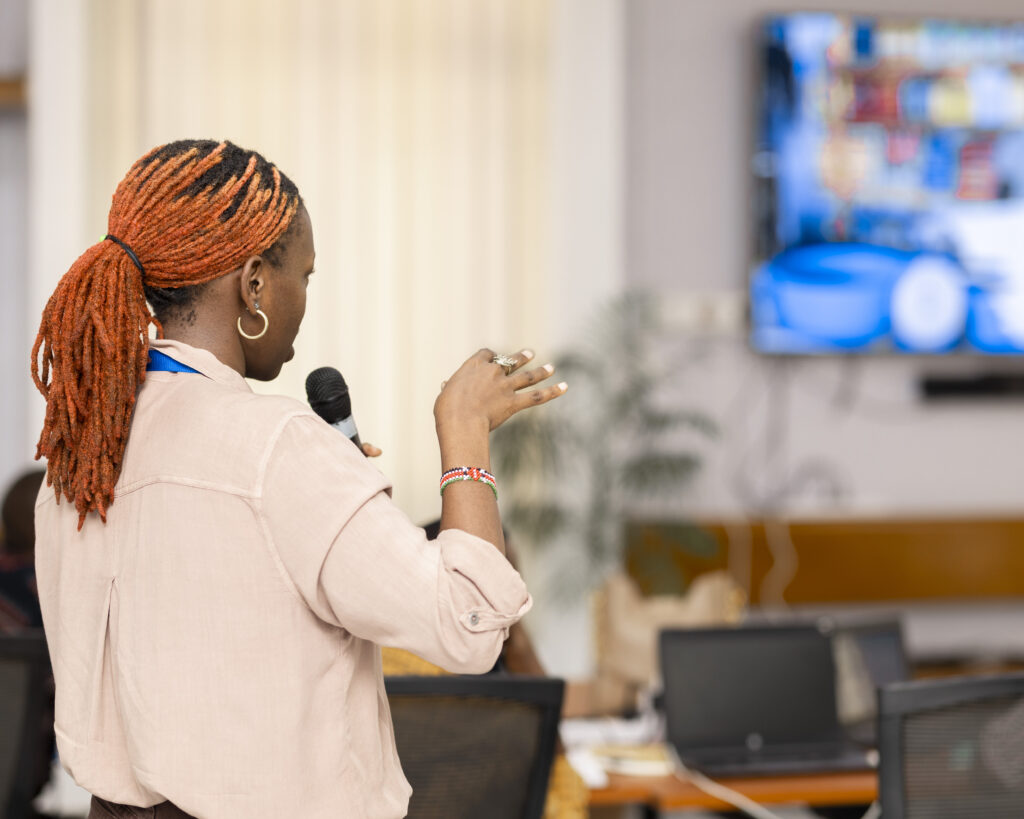
Join Our Community of Changemakers!
Sign up for our newsletter to unlock exclusive perks, exciting opportunities, and a dose of inspiration every other month. Stay connected and be the first to know about the latest in innovation, impact, and more!
You also might like
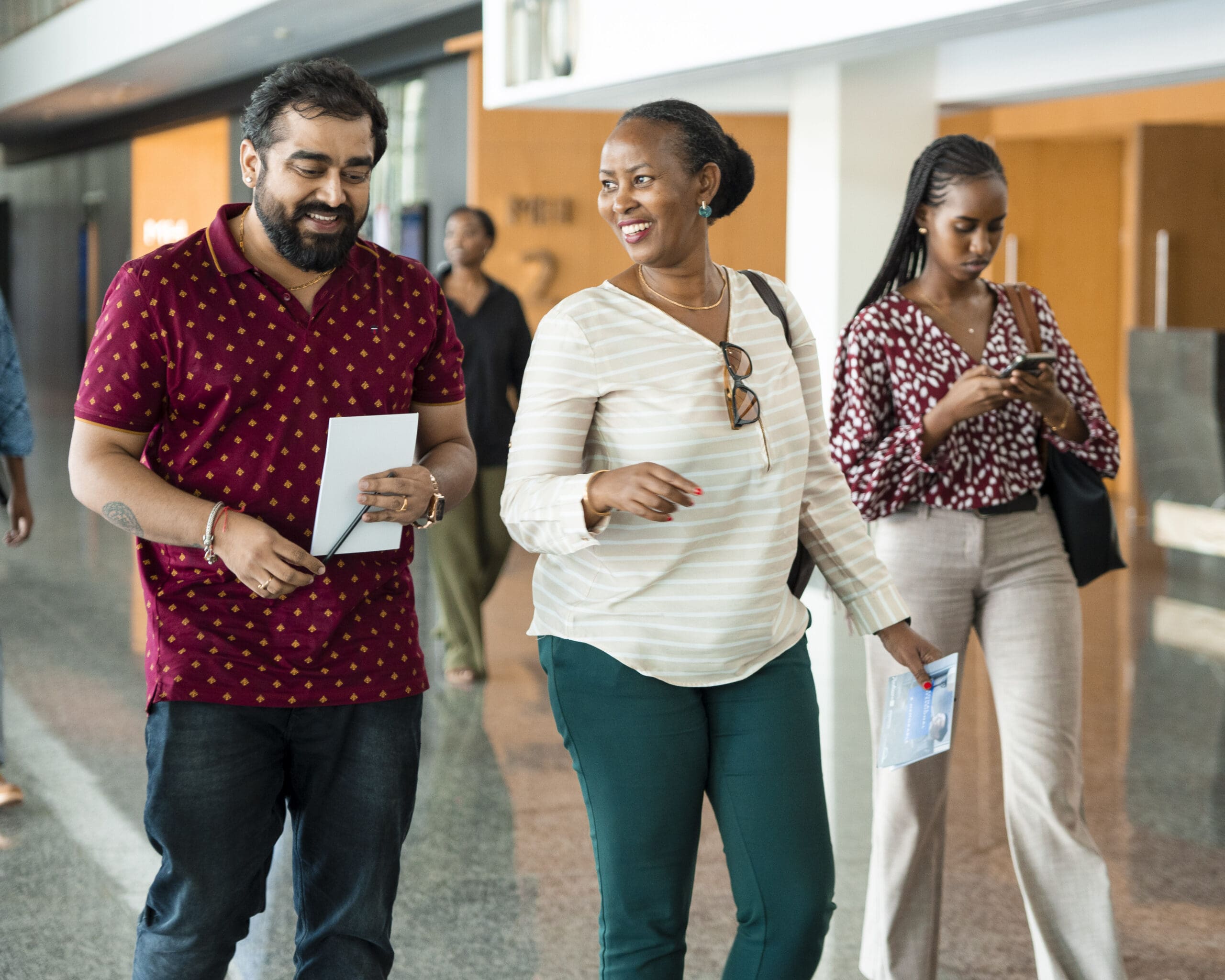
Circularity Series 09 : Circularity Tours | Radisson Blu Edition
Circularity Series 09 : Circularity Tours | Radisson Blu Edition

Biodegradable Packaging in Rwanda: A Sustainable Shift
Biodegradable Packaging in Rwanda: A Sustainable Shift

